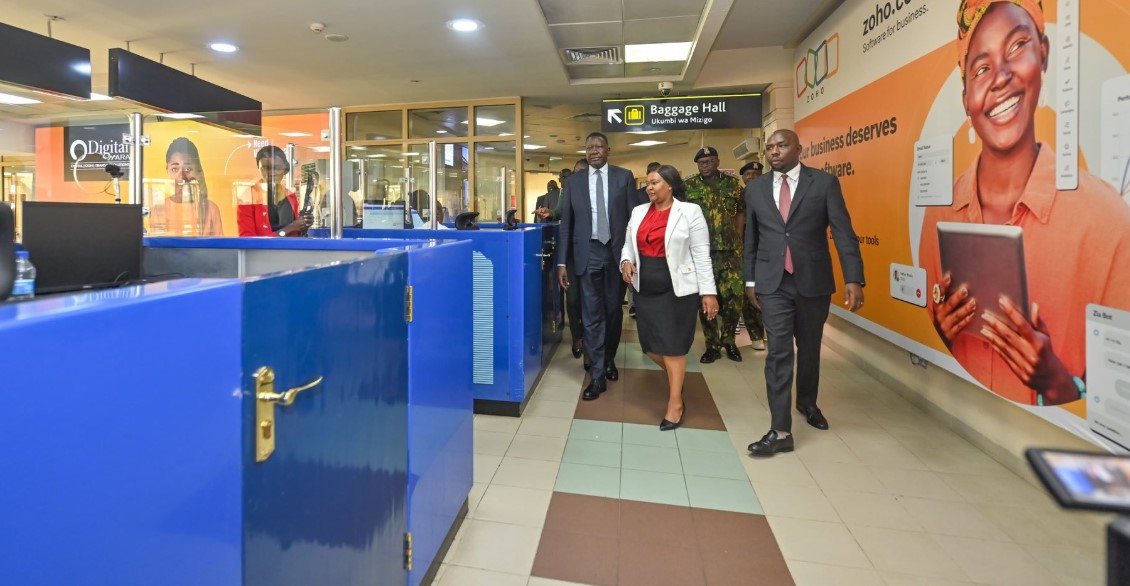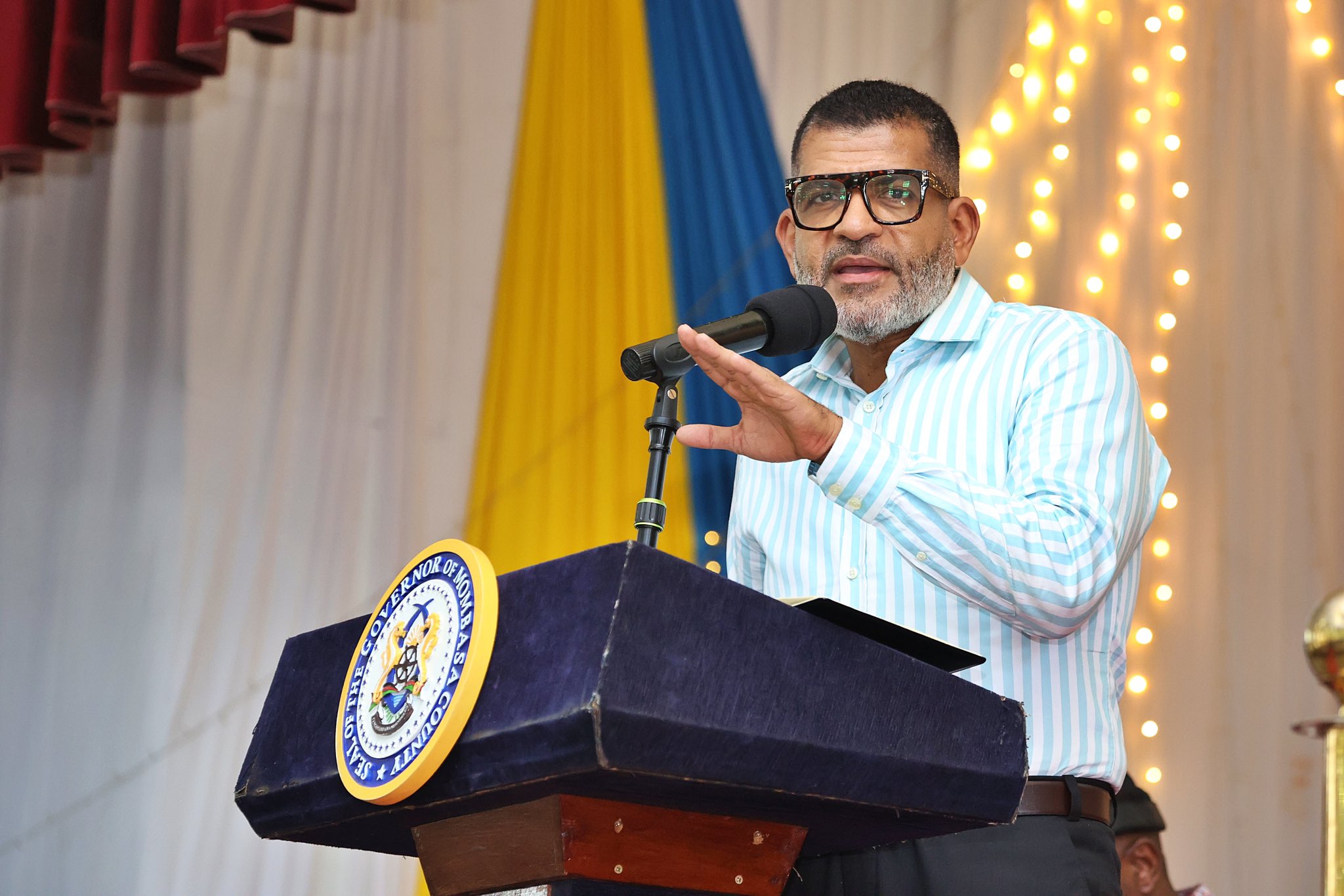Kenya cancels multi-billion-shilling Adani border security project for visitor tracking

The new system was designed to integrate immigration, customs, border patrol, and intelligence units, facilitating real-time sharing of information.
A government-backed plan to enhance security at Kenya’s entry points by introducing an electronic visitor tracking system was cancelled last year, despite its potential to strengthen surveillance.
Documents from the Public Private Partnership (PPP) Unit at the National Treasury reveal that the Next-Generation Integrated Border Management System, which was to be implemented under a private investor model, was quietly scrapped in October 2024.
More To Read
- Nairobi hosts regional security talks as leaders push to seal porous borders against terrorism
- Kenya seeks Sh258 billion funding for JKIA expansion after cancelling Adani deal
- 'Public funds not enough': Treasury CS Mbadi rallies support for public-private partnerships to close infrastructure gap
- Kenya holds strongest passport in East Africa in 2025, ranks 69th globally – Henley Index
- KAA calls for public input on airport plans months after collapse of controversial Adani deal
- Kenya scraps visa fees, entry forms and ETA for African and Caribbean nationals
The project, initiated by Indian multinational Adani Group, was aimed at electronically tracking all visitors at ports of entry, including Jomo Kenyatta International Airport (JKIA).
The system would have included self-service passport control machines using facial recognition technology to verify a traveller’s identity, allowing for real-time information exchange with various security units.
The project was seen as a step toward improving surveillance and security at Kenya’s borders, particularly in light of the porous borders with neighbouring war-torn nations.
“The project was cancelled in October 2024,” the PPP Unit disclosed in reports tracking the progress of all PPP projects as of December 31, 2024.
The new system was designed to integrate immigration, customs, border patrol, and intelligence units, facilitating real-time sharing of information, reducing waiting periods, and improving the detection of illicit cross-border activities.
Despite its potential, the project’s cancellation comes at a time when Kenya continues to grapple with security threats due to the unregulated movement of people and goods across its borders.
The deal was part of a private investment model, where Adani Group would build the necessary infrastructure and recover the investment by charging user fees or having the government periodically pay for the platform.
No specific reasons given
While the PPP Unit did not provide any specific reasons for the project’s cancellation, the decision follows public protests over the government’s controversial selection of Adani Group for the expansion of JKIA and other major projects, as well as pressure from international bodies after the indictment of Adani Group’s owner, Indian billionaire Gautam Adani, for bribery.
President William Ruto announced the cancellation of the deal in response to growing public concerns.
Kenya had hoped to mirror other developed economies that use similar automated systems to secure their borders, preventing the entry of individuals involved in criminal activities such as smuggling narcotics and arms.
Immigration Principal Secretary Julius Bitok, who had been an advocate for the system, emphasised last year that the platform would provide enhanced monitoring of visitors.
“The new system will be able to track anybody who comes into the country, know which hotel they are going to stay in, and is able to monitor their security,” Bitok said.
The cancellation of the system’s rollout follows Kenya’s introduction of the Electronic Travel Authorisation (eTA) to replace traditional visas in January 2024.
The eTA requires visitors to apply for entry 72 hours before their arrival and pay a fee of $30 (Sh3,800), although East African nationals are exempt.
Recently the government removed the eTA requirement for all African countries except Somalia and Libya, citing ongoing security threats in those nations.
Top Stories Today













































